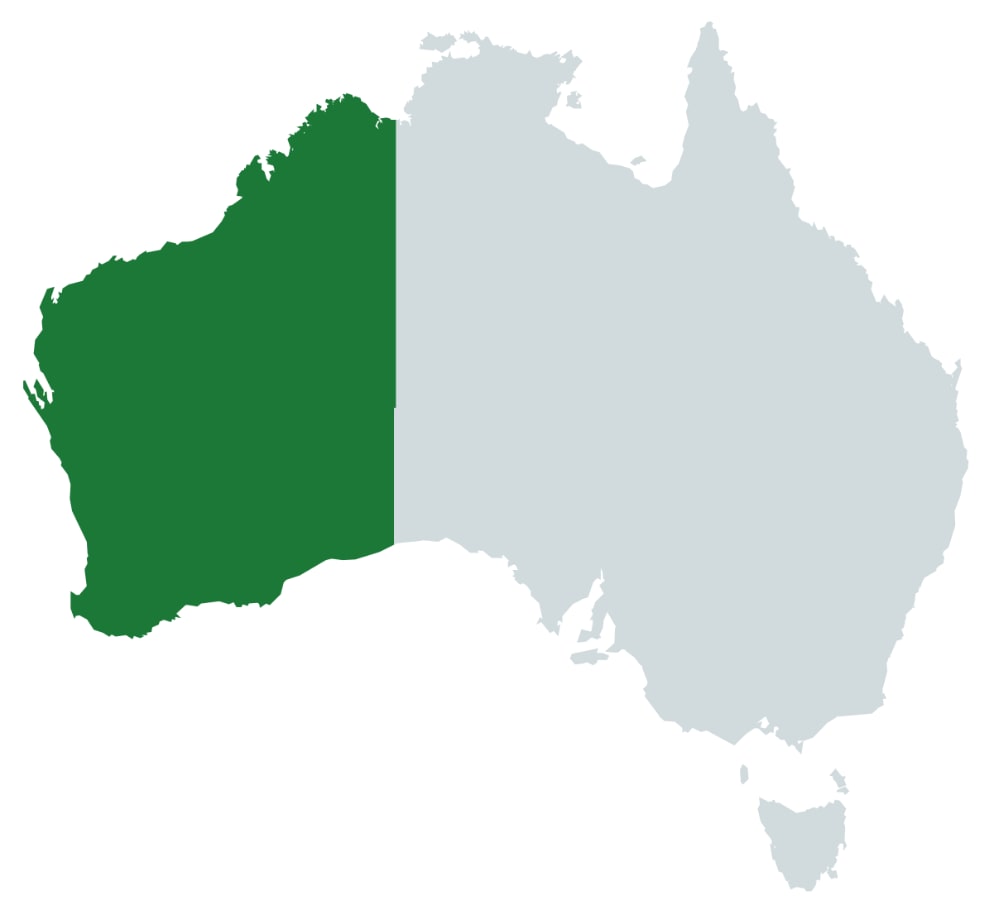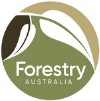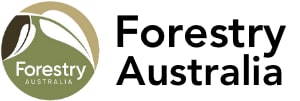

Western Australian Branch
The Western Australian Branch of the Forestry Australia represents the diverse interests of forestry professionals and forest growers throughout the state including the South West, Great Southern, South Coast, Mid West and Kimberley. The Branch was formed in 2019 from the amalgamation of the WA Division of the Institute of Foresters and the South West Agroforestry Network of Australian Forest Growers.
Key activities of the Branch include:
- Advocating for the interests of forestry professionals and growers
- Hosting field days to promote networking, knowledge sharing and continuing education
- Promoting responsible and sustainable management of forests, woodlands and plantations in both public and private sectors
- Maintaining and expanding opportunities for growers to obtain commercial benefits from wood products, carbon sequestration and other environmental services that trees provide
- Raising community awareness of the benefits of well managed forests and plantations
WA Committee
Brad Barr (Chair)
Peter Beatty (Secretary)
John Clarke
Bob Hingston
Lucy Mulcahy
Lachie McCaw
John McGrath
Mike Rautenbach
David Wettenhall
Danielle Wiseman
WA Branch AGM: Minutes
To download minutes of the latest Annual General Meeting held in December 2021, click HERE
Resources
Statement on bauxite mining and revegetation in the Northern Jarrah Forest.
Please click HERE to read the WA Branch Statement.
Managing forested catchments- threats and opportunities
The Western Australian Division of the Institute of Foresters ran a successful half-day workshop on Friday 30 September 2016 on the theme of Managing forested catchments- threats and Opportunities.
Catchments for domestic water supply and irrigation use cover a million hectares of jarrah forest between Mundaring and Collie in the south-west of Western Australia. Catchments integrate a range of land uses- water supply, biodiversity, ecosystem health, bauxite mining, recreation and silviculture; and require protection from bushfire, disease, pollution and reduced stream-flows.
The workshop was attended by 80 representatives from a wide cross section of interests. These included current and former Members of Parliament, Ministerial staff, those with interests in conservation and ecosystem health, staff from a range of Government departments, representatives of industry, of academia , biologists and foresters.
Key themes addressed during the workshop included:
- changes in ecosystem health due to declining rainfall
- silviculture to enhance ecosystem health and stream-flow
- the need to protect catchments from bushfire
- rehabilitation of forest following bauxite mining, and the implications of mining for water yield
- the role of lower-slopes and stream-zones in protecting biodiversity
- potential market based opportunities to increase water yield through active management of catchments
Written papers and presentation notes have been made available for download below:
Factors affecting inflows into Harvey Water dams presentation
Presentation
Notes
Fire and the forested catchment
Notes
Impact of bauxite mining on water yield
Presentation
Notes
Managing forested catchments
Presentation
Notes
Thinning of regrowth stands in the jarrah forest
Presentation
Notes
The workshop concluded with a wide ranging discussion that offered useful directions for future action. There was support to engage a broad range of interested people by establishing an advocacy group to develop proposals and lobby Government to implement active catchment management programs. Profitable, self-funding mechanisms would greatly reduce the current costs to Treasury of desalination and bushfire suppression. Many of the issues addressed during this workshop are relevant to the management of forested catchments throughout Australia.
SWAN (The South West Agroforestry Network)
The South West Agroforestry Network (SWAN) was a branch of Australian Forest Growers, which represented private tree and forest growers in greater South West of Western Australia; i.e. the Wheatbelt, South Coast and South West regions.
More information can be found HERE.

